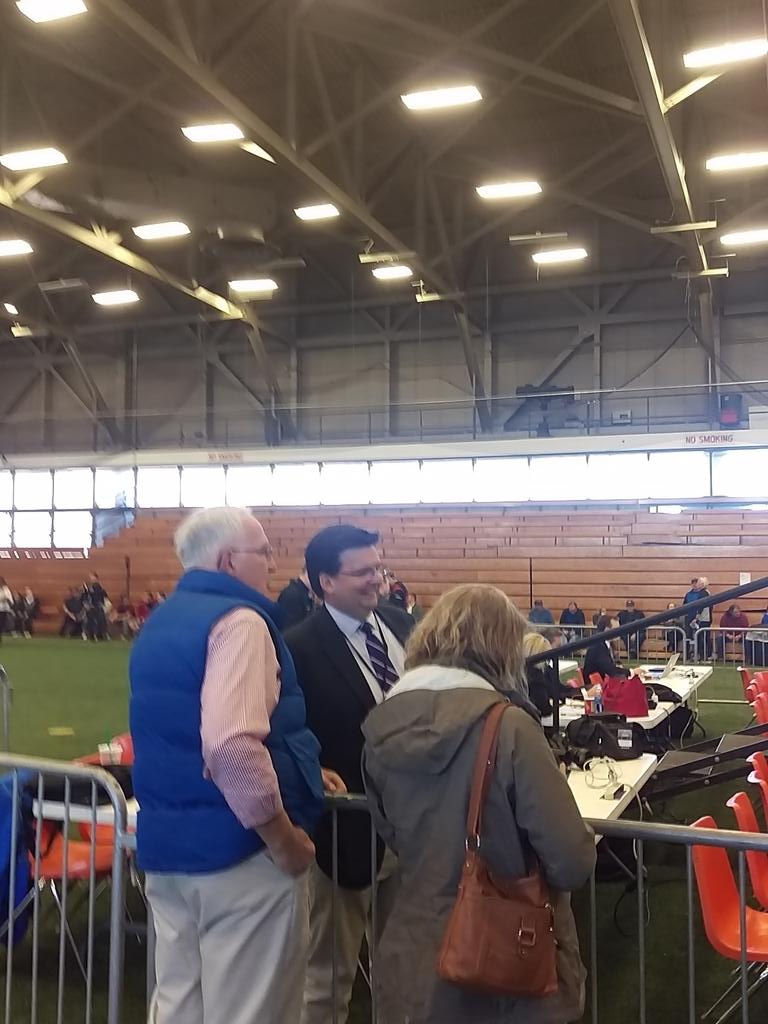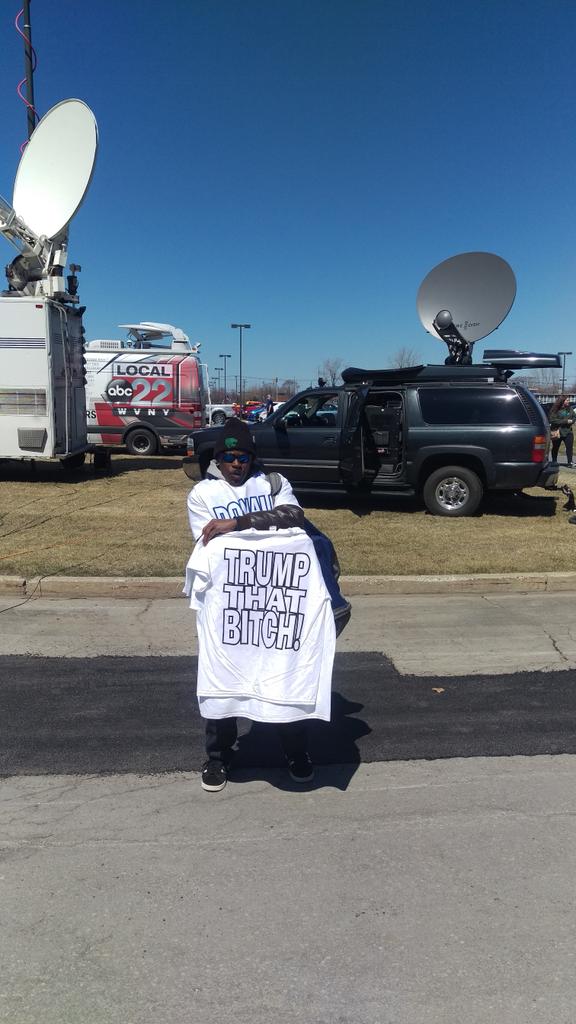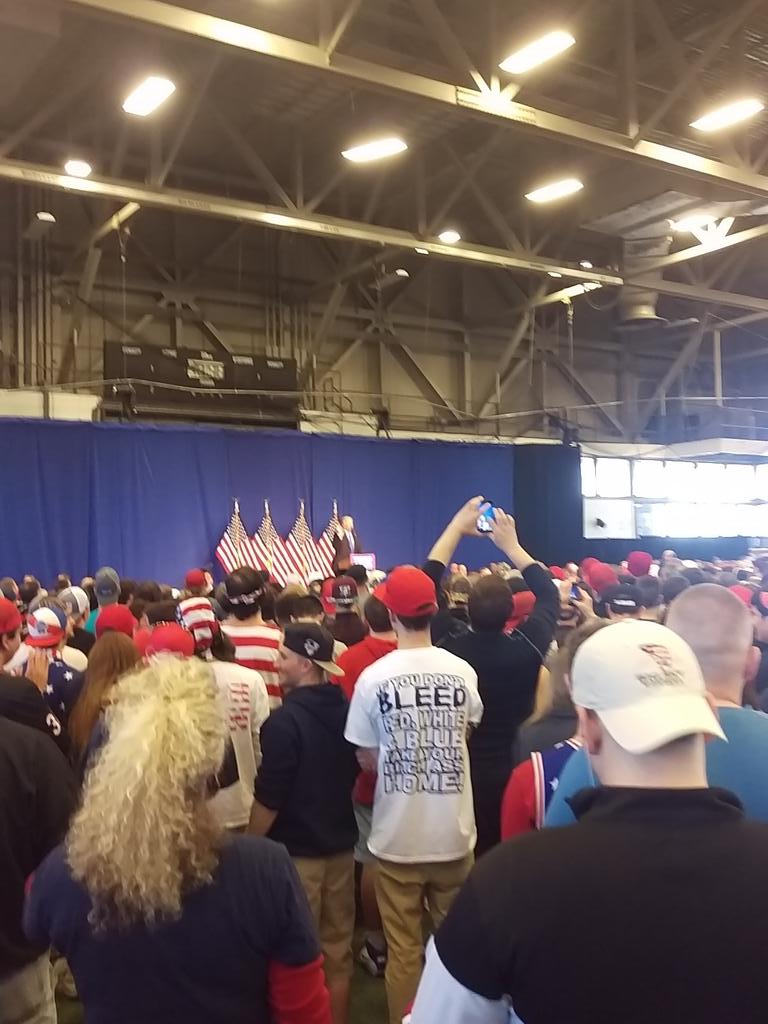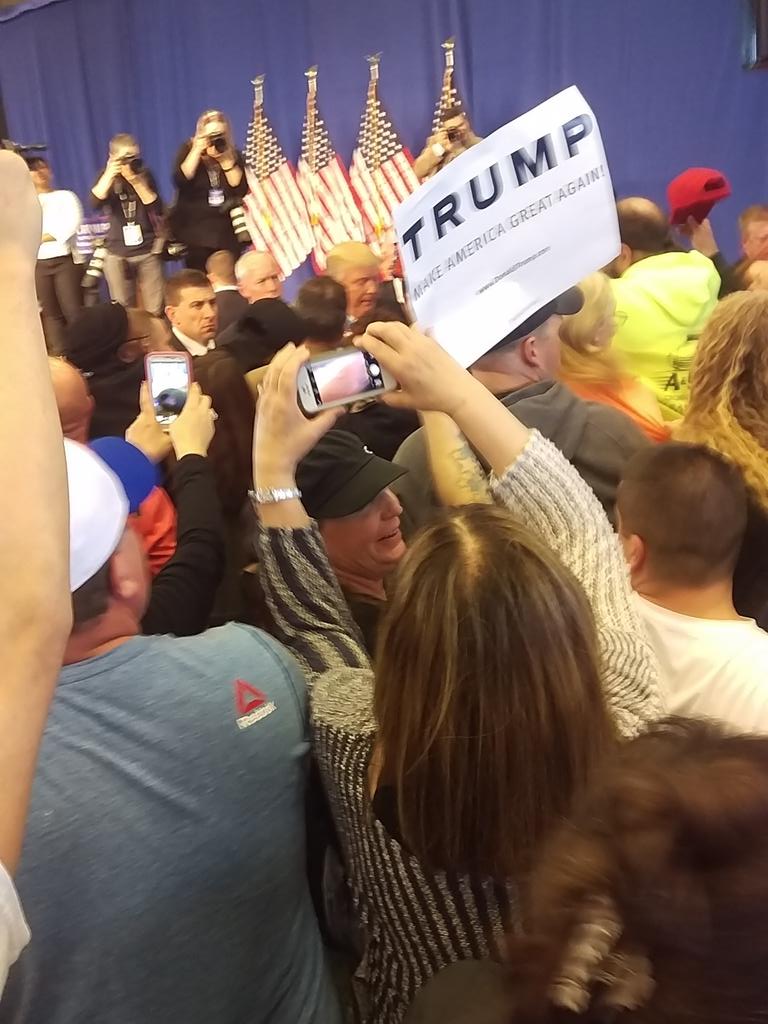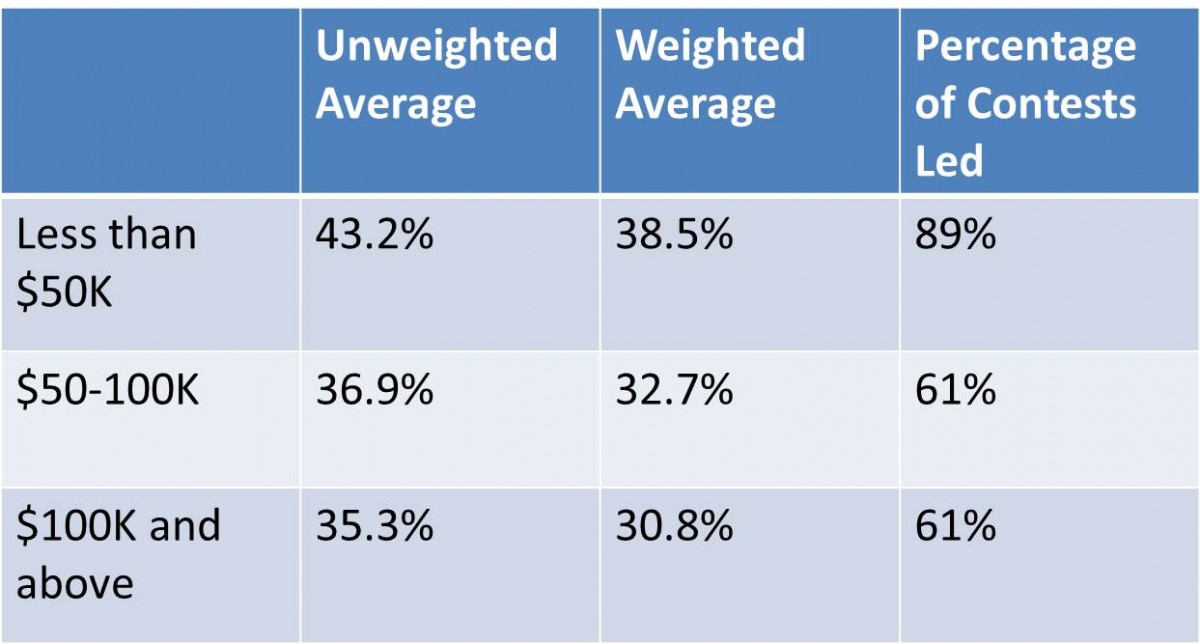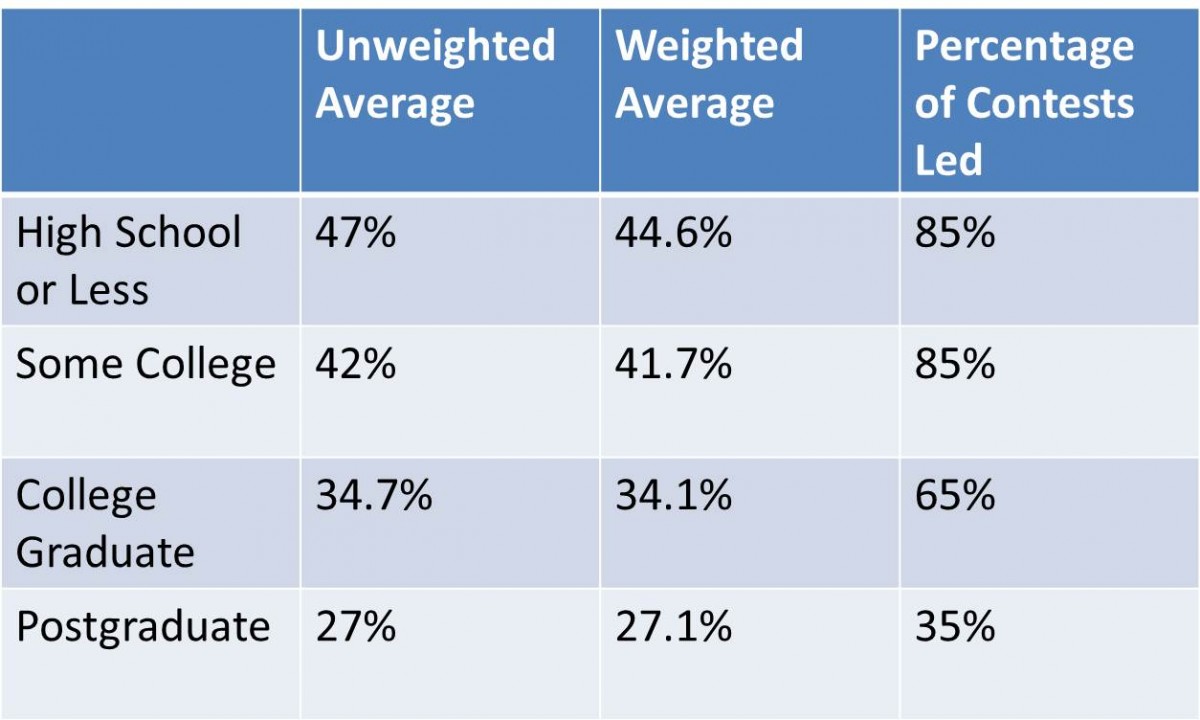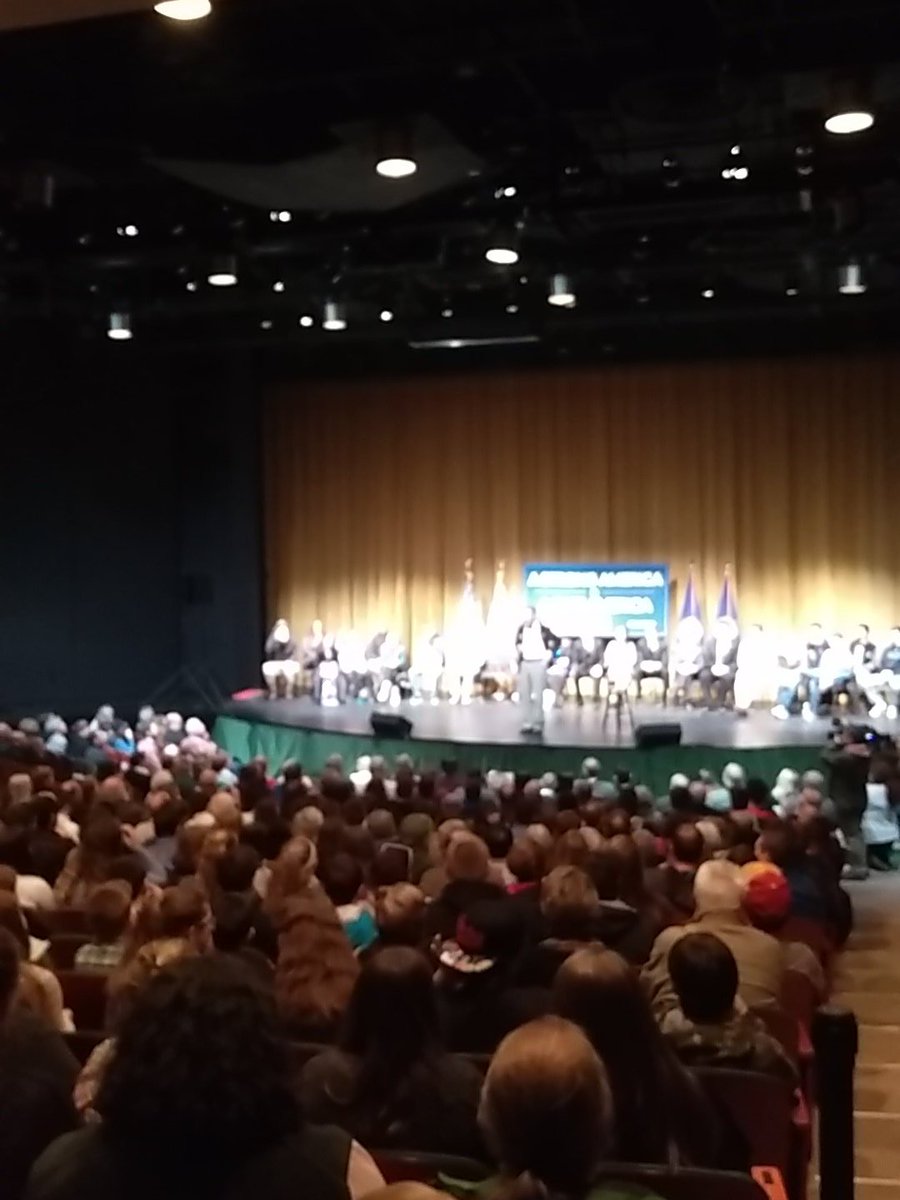With the announcements earlier this week by Ted Cruz and John Kasich that they were suspending their campaigns, the path is now clear for Donald Trump to become the 2016 Republican nominee. That prospect has prompted a collective act of self-flagellation by journalists, pundits and data crunchers, all asking essentially the same two questions: “How did this happen? And how come we didn’t see it coming?” (A far, far smaller number – one, as far as I can see – are saying, “I told you so!”) But while there is considerable overlap in some of these postmortems, there is also substantial disagreement as well, much of it a function of the analysts’ partisan, ideological and professional biases. So, in the rush to explain Trump, we see Republicans blaming Obama for pushing polarizing policies, Democrats accusing the Republican leadership of partisan malpractice, and everybody pointing fingers at the media. To be sure, there is likely no simple answer for Trump’s rise, something political scientist Justin Tiehen has documented, tongue only partly in cheek, in a series of tweets identifying each new explanation for Trump’s ascension as they are made. At last count Tiehen’s list numbered some 90-plus publicly-cited explanations for the Trump phenomenon.
As regular readers know, I long ago made my mea culpa, and in very public fashion (go to the March 6 tab under the view screen), for my failure to take his candidacy seriously. So perhaps I’m not the most qualified person to weigh in on this issue. But it seems to me that a significant number of these analyses continue to misunderstand the primary reason that Trump has won the Republican nomination, and for the same reason: they spend too much time arguing with one another regarding who supports Trump and why, and not enough actually listening to what Trump supporters say. As the New York Times Jim Rutenburg writes in his scathing indictment of election-year media coverage, including that of Trump: “But the lesson … was that nothing exceeds the value of shoe-leather reporting, given that politics is an essentially human endeavor and therefore can defy prediction and reason.” I’m exhibit A in Rutenburg’s indictment. I had no qualms condemning Trump’s candidacy based on my own read of him, and what he stood for, without bothering to see what others thought. In my defense, I listened to what Trump said – my first post came within an hour after The Donald descended the escalator in Trump Towers to announce his candidacy. But I didn’t bother finding out until much later whether his message was getting a reception, and why. It wasn’t until I spent more than an hour in line, in sub-freezing temperatures, waiting with thousands of other people to get into a Trump rally in New Hampshire, that I begin to realize just how much I had “misunderestimated” him, to quote another underestimated politician. To be sure, prior to the Trump rally, I had spent much of my academic leave trailing the presidential candidates as they crisscrossed New Hampshire, flitting from campaign event to campaign event. As I noted in my blog post at the time , however, Trump’s rally was unlike any rally I had seen to that point, (and thereafter as well, for that matter). If I hadn’t bothered to go to the rally, I think I would have continued to be baffled by his ability to attract support. I subsequently followed the candidates, including Trump, down to South Carolina, and then to Florida, before circling back up north. During that time I attended a couple more Trump rallies, and compared them to the experience of watching Trump events on television (to say nothing of the excerpts of his campaign events repeated endlessly on cable news.) What I saw, and what the cable news people discussed, made it seem as if we were witnessing totally different events. During Trump’s rallies I made it a point to actually talk to his supporters. This is something the media often had trouble doing, at least as far as I could tell, since at most of these rallies they were penned up at the back of the event, and were prevented from mingling with Trump supporters. And, of course, I never caught any of them standing in line with the hoi polloi, particularly in subfreezing temperatures! The cable talking heads, meanwhile, seemed to premise their assessments of Trump’s candidacy mostly on the 30-second sound bites – typically of his most inflammatory comments – that they endlessly replayed.
Two essential points became clear to me through these experiences. First, Trump’s lack of political experience, and of a related voting record, has been a huge boon to his candidacy. The reason is that it has freed him from the need to hew to the Republican Party orthodoxies on domestic and foreign policy that have been increasingly discredited in the eyes of many potential voters. This has allowed Trump to adopt a potent set of policy positions – what I have labeled economic populism and America First foreign policy – that cuts across existing partisan and ideological divisions in a way that no other candidate has done as effectively during the current election cycle. On some issues, most notably on trade and to a lesser extent on his general aversion to putting U.S. boots on the ground in military conflicts, Trump’s message overlaps with that of Democratic socialist Bernie Sanders. This explains a good deal of the opposition to him from the Republican establishment – they think Trump is a closet liberal, and on some issues they are right. Most notably, he’s quite willing to break, more or less, with the longstanding Republican economic orthodoxy defined by fealty to free trade, balanced budgets, tax cutting, reduced government spending, and entitlement reform. Equally notably, Trump pays lip service to the Republican positions on social issues such as abortion, so that it is pretty clear to his supporters that his candidacy isn’t primarily rooted in these concerns, and that he’s basically adopting social policy stances that will get him through the Republican nominating process. In this respect, Cruz was right: Trump embodies many New York values that are anathema to the traditional Republican Party platform. But they don’t seem of particular importance to his supporters, who are predominantly motivated by economic concerns, and who long ago rejected traditional Republican policies in this area.
This is where Kevin Drum’s claim that “for the most part [Trump’s] not really saying anything new or different… . Policywise, Trump is a pretty typical modern Republican” has proved so spectacularly wrong. When I ask Trump supporters why they back him, they say it is precisely because he is talking about issues like trade and immigration in ways that no one else does. Of course, he does so in such a general, ill-defined manner that it is possible to read almost anything into his policy pronouncements, and he remains stubbornly unclear on how he proposes to achieve many of his goals, all part of his overarching promise to “Make American Great Again”. (Yes, I have the cap.) But, for the most part, his supporters seem willing to cut him some slack. When I ask why, a common response is that given the failure of the political establishment to do anything on the issues that concern them – most notably immigration, trade, income growth and creating high-paying jobs – they are willing to take a chance on Trump. This, I gather, is as much an indictment of the current political establishment as it is a ringing endorsement of Trump’s ill-defined policy positions.
The second and related facet of the Trump rally that has proved so illuminating is that he uses it to validate his supporters’ views on issues like immigration and trade without casting aspersions on their motives. Where the chattering class and political elite routinely ascribe the views of the lower- and middle-class and predominantly white Trump supporters on these issues to a toxic mix of xenophobia and racism, Trump attributes them to decades of stagnant wages, lost jobs, and declining hope for future against the backdrop of an increasingly polarized political system. Finally, his supporters tell me, someone is actually listening to what we are saying, rather than casting aspersions on our motives. In short, Trump is giving voice to a significant portion of the electorate that feels that their concerns are not being addressed by a highly polarized and deeply partisan political process. The system is rigged by both sides of the political establishment, Trump says, and he is the man to fix it.
And it is not just what Trump says, but how he says it. He speaks with a bluntness that is the antithesis of the politically-correct language his fellow Republicans employ. When professional politicians talk about their policy positions, as when Rubio and Cruz debated their voting records on issues like immigration, their language seems designed to obfuscate and dissemble, not to clarify. Trump, in contrast is refreshingly direct: “We are going to build a wall!” But what of all those inflammatory comments that are the focal point of so much of the criticism directed Trump’s way, and which dominate his news coverage? When I talk to his supporters, they almost universally dismiss the comments as a blatant, and highly effective, way to gain media exposure. In short, they seem more than willing to accept the occasional offensive outburst as the price to pay for getting a politician who speaks to them directly, on issues they care about, and without demonizing their motives.
My point here is that in all of the postmortems – the focus on the size of the Republican candidate field and related coordination issues, and Trump’s celebrity status and the skewed media coverage, and tactical mistakes, and all of the other 90-plus reasons being bandied about – it is easy to overlook, as I did, a basic reason for Trump’s success: he has adopted a set of policy positions that have attracted the greatest support in the Republican field. If I sound chastened, it is because I am. I was quick to judge Trump’s candidacy based on my own biases, and without bothering to listen to those who support him. I won’t make that mistake again. To be clear, this is not meant to be a brief in defense of his candidacy. It is, instead, a social scientist’s effort to understand why Trump has gained so much support, and why I didn’t see it coming. Yes, there are a lot of plausible explanations for his success. In my view, his ability to carve out an attractive platform on a set of issues of greatest concern to those who participated in the Republican nominating process has to be near the top of the list.
So what happens now? My guess, looking toward the general election, is that Trump is going to run into much steeper opposition in the form of a more skeptical general election audience that includes more voters less disposed to support him, and a more effective attack on his candidacy from the opposing party – one that will magnify his inability to articulate a defense of his policies in a sustained and detailed manner. Even Republicans are predicting (and not without some glee) doom for Trump’s candidacy and only hoping he doesn’t bring down the entire Republican Party when he crashes and burns. On the other hand, some of the standard political science presidential forecast models, which do not depend on assessments of a candidate’s personal traits, or favorability ratings, suggest this might be a good year for the Republican candidate. If they hold true this cycle, I may be underestimating Trump’s chances come November. Of course, that wouldn’t be the first time I’ve been wrong about him. This time, however, I’m going to try to attend his rallies and talk to his supporters before I make any predictions.


